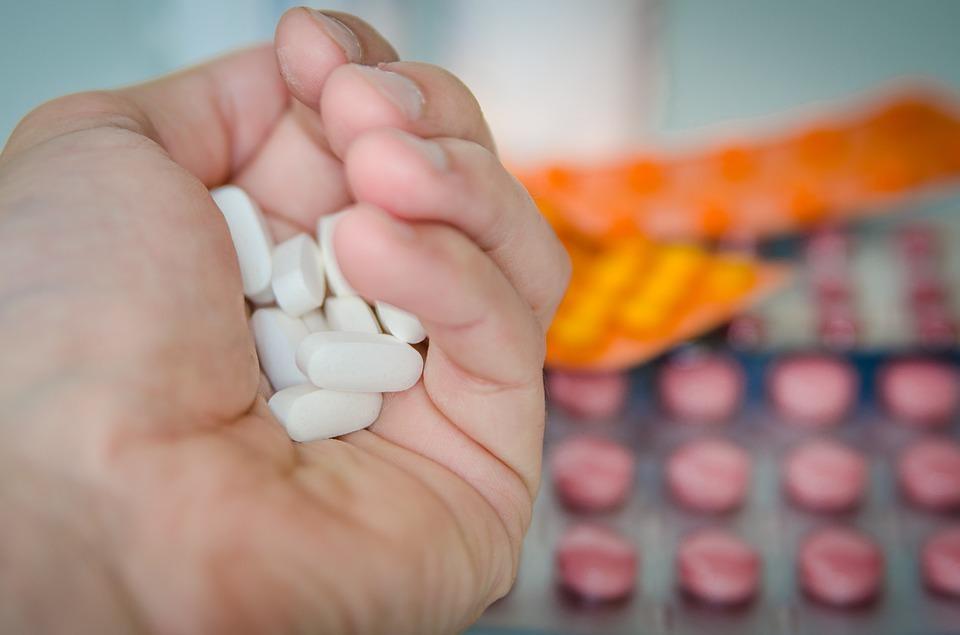Following the release of the Annual Oversose Report, the Pharmaceutical Society of Australia (PSA) is calling on governments, health workers and support organisations to work together to do more to tackle this health issue.
Released on 28 August, the Penington Institute’s Annual Overdose Report reveals that 544 unintentional drug-induced deaths occurred in Australia in 2021.
Opioids and benzodiazepines were among the most common drugs involved in accidental overdose deaths.
The report shows more than two-thirds of all unintentional drug-induced deaths involved two or more drug types (72.5%), with the presence of benzodiazepines (such as diazepam, lorazepam and alprazolam) increasingly implicated in unintentional drug-induced deaths.
Anti-depressants (38%), stimulants (35%), and alcohol (25%) were also observed in unintentional deaths with two or more drug types.
A sobering reminder
PSA National President Dr Fei Sim FPS says the report is a sobering reminder of the work needed to prevent avoidable harm from drugs, including prescription medicines.
“Australians are using more medicines than ever before, and prescribing of multiple medicines to manage health conditions is increasingly common,” says Dr Sim.
“However, some drug-drug combinations dramatically increase the risk of unintentional drug-related death or hospitalisation, as this data tragically shows.
“Real-time Prescription Monitoring (RTPM) is now available and must be used by health professionals to have non-judgemental conversations with people about the potential risks associated with medicines – particularly when multiple medicines are being used at the same time.
“RTPM is making an impact but is not the whole answer. More solutions are needed.
“As health professionals, we need to expand the way we assess risk. We need to recognise that medicine sharing happens and should form a routine part of all patient conversations about risk.
“We need to offer Take Home Naloxone routinely and repeatedly to any person at risk of experiencing or witnessing opioid overdose, and to people taking other medicines in combination with prescribed or illicit opioids.”
Dr Sim calls for greater support for the health workforce to have conversations with at-risk individuals in a meaningful, non-judgmental and supportive way.
This, she says, can be achieved by increasing access to training, guidelines, peer support and fostering collaboration of health teams.
“Pharmacists work with at-risk individuals every day but need better funding and support to be able to make a meaningful impact in reducing death and injury which drug overdose can cause.
“This includes building workforce capacity to be more active in deprescribing roles, particularly in primary care.
“Pharmacists are the custodians of the safe use of medicines, we are the key to reducing medicine-related harm. Pharmacists should be empowered and supported to do more to prevent medicine-related harm.
“Every unintentional medicine-related harm is a failure of our health system. There is clearly more work to be done. I commend the Pennington Institute for producing this annual report and for its impact over the previous eight years.”









